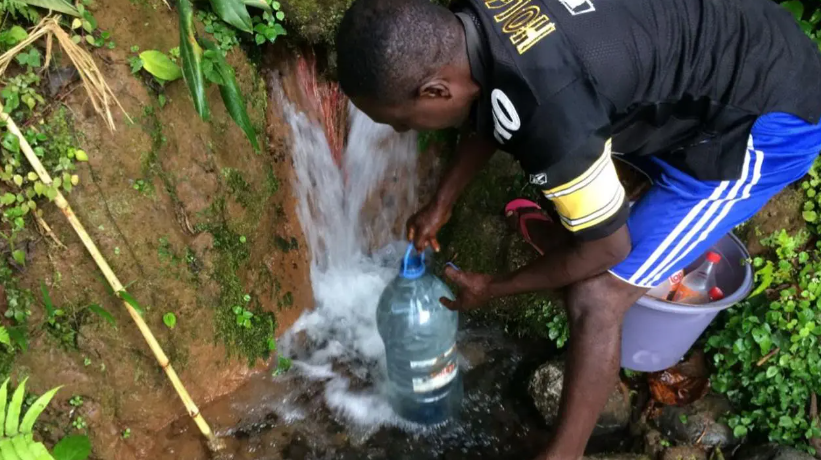Paolo Dieci, an award for peacemakers

11.17.2023
Just days before the award ceremony, scheduled for Nov. 30 in Rome, the chair of the International Committee for the Development of Peoples explains why it is essential to bring civil society organizations and diasporas together to build strong relationships and new partnerships
by MAURA VIEZZOLI
The idea of the award named after Paolo Dieci, co-founder, Cisp President, and Link 2007 President was born in June 2019 following his tragic death. Together with the Le Réseau Association and Link2007, we decided to commit ourselves not only to remember Paolo, but also and above all to carry forward his convictions, which had matured through a long experience in cooperation. Among the priorities he had identified was the implementation of the provisions of Law 125 on international cooperation. More specifically those contained in the chapter providing for the inclusion of diasporas organizations present in Italy, which had so far remained on paper. This was a point that was very close to Paul’s heart, who had been active in this regard by promoting the participation of Cleophas Adrien Dioma, president of Le Réseau, in the national cooperation council and supporting the idea of a national diaspora summit. The Award is thus a way to continue his work.
The organizations involved
What is interesting is that the three entities promoting the Prize are all involved with Paolo Dieci’s work: the Cisp, which Paolo chaired and founded; Link2007, another entity of which he was president; and Le Réseau, with which he worked closely. Already in itself, therefore, the prize is an example of partnership. Moreover, the fact that other networks such as Aoi, Cini and Forum of the Third Sector and of course VITA are also joining, in addition to the various patronages and sponsors, shows how this project first and foremost facilitates partnership and collaboration between civil society organizations and those from the diaspora or with a migrant background. We believe it is increasingly important to foster these kinds of relationships.
We are also happy about the good response from associations: we received 19 applications, not a few considering that this is a niche topic. At the same time, we realized that the definition of the call configures a universe of organizations of diasporas and new generations, or with a migratory background, which does not entirely correspond to reality. The reality on the ground is in fact more articulated, as are the projects implemented. The Prize therefore helped us to take note that there is a much broader universe of organizations and types of organizations than we had imagined. This little-known universe should and could be met in order to carry out projects together and, at the same time, to enhance it. This awareness is one of the positive effects of the Prize.
Building peace in times of war
The international scenario in which we find ourselves, with the well-known ongoing conflicts, is not encouraging. What happens in the world at this time is unfortunately in the hands of the big decision makers, not in ours. Although civil society organizations can, must, raise their voices. But concretely, in everyday action, in what is our direct responsibility, we can work with projects and programs aimed at implementing the fundamental rights of communities, building peaceful relations in communities, countries and between different groups in the territories. International cooperation makes sense if it builds trust and more humane relationships of mutual understanding. Always remembering that peace is the child of justice.
The role of diasporas
The Paul Ten Award was created precisely to facilitate dialogue and the building of new partnerships between civil society organizations and those in diasporas, overcoming possible misunderstandings that arise from visions that are not always identical. It is necessary to integrate skills and visions to sustain cooperation, but this can only be done by getting to know each other better and meeting. The Award aims to make a small contribution to building an environment of dialogue, knowledge and shared work. Also by giving visibility and recognition to positive experiences made. A partnership only comes into being through trust and knowledge, trust that is also the basis of a cohesive and peaceful society.
